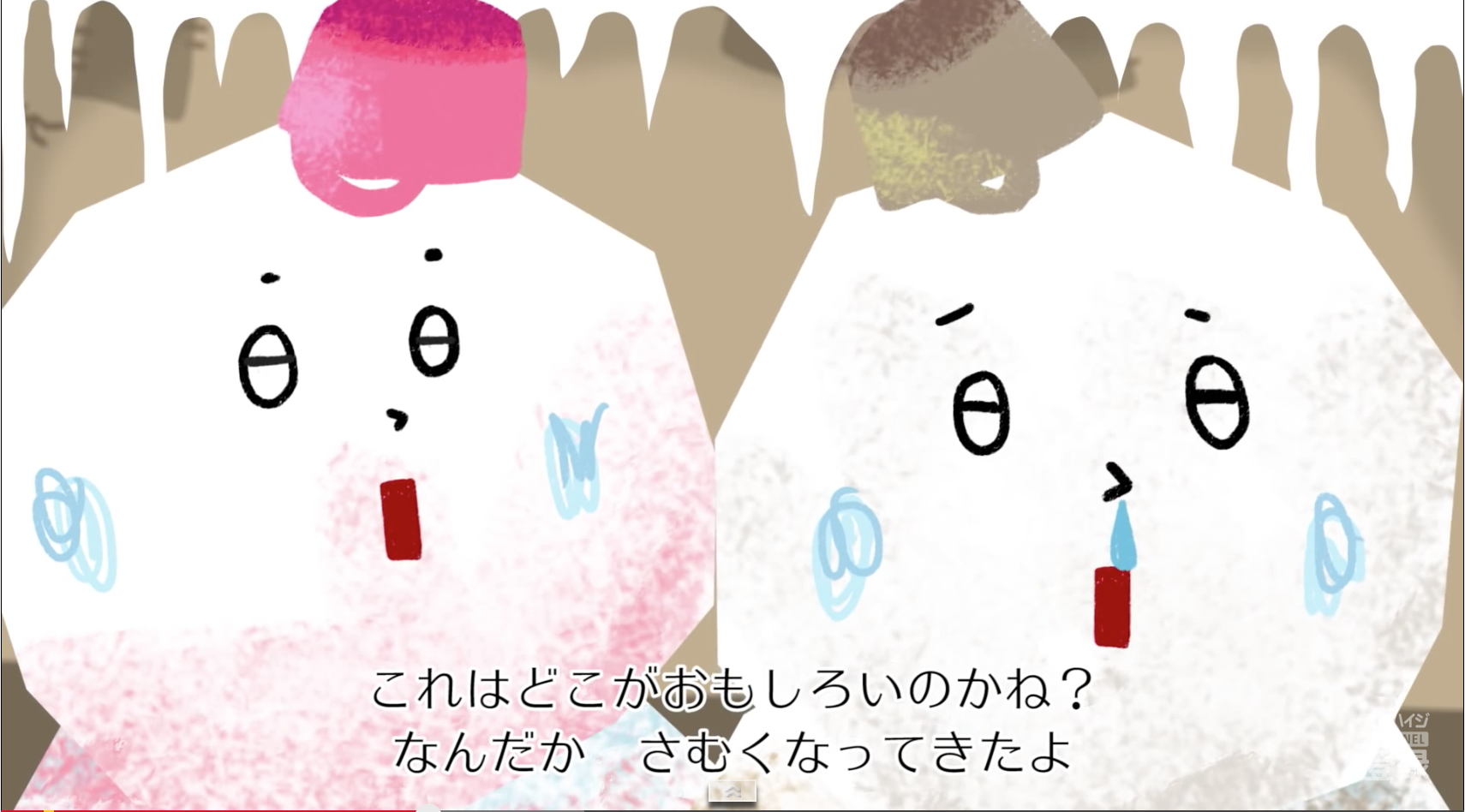Shiritori: Japanese word game
Quickly getting bored with academic learning materials, I always search for new ways to use Japanese without actually living in Japan. Typically, the more fun the activity is the more positive feedback there is and the more likely it will continue. One game which is entertaining and requires no physical props or materials is game of… Read More »
